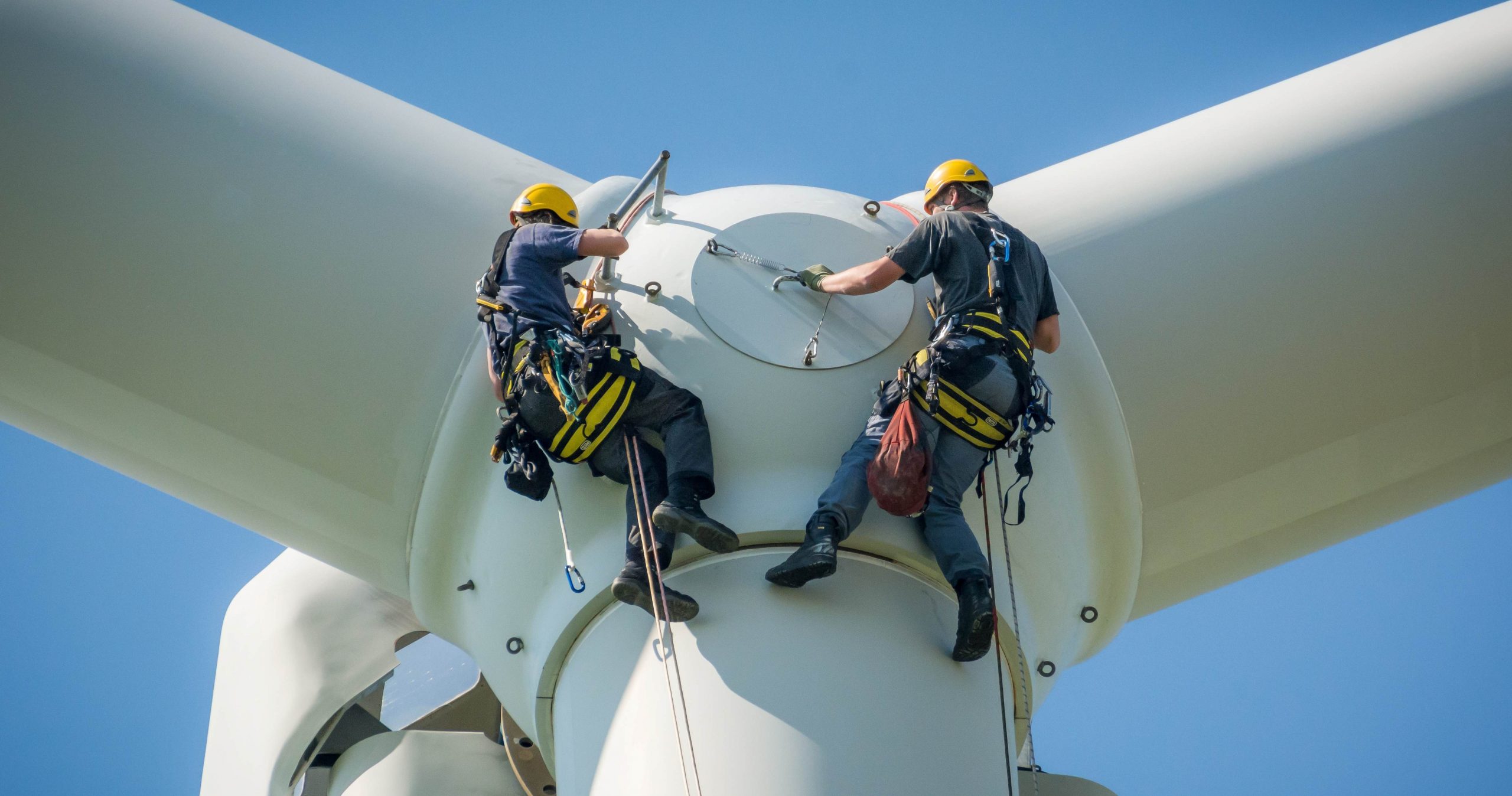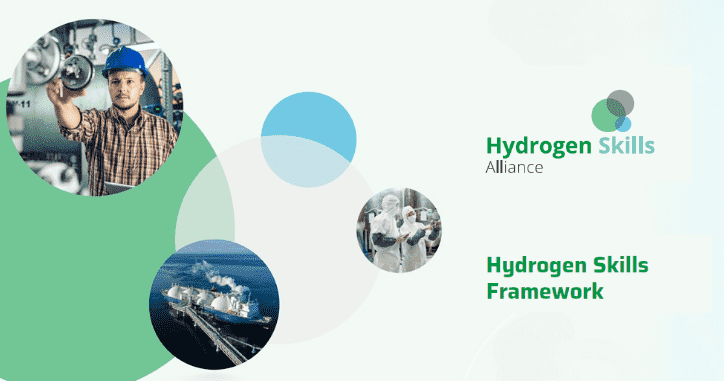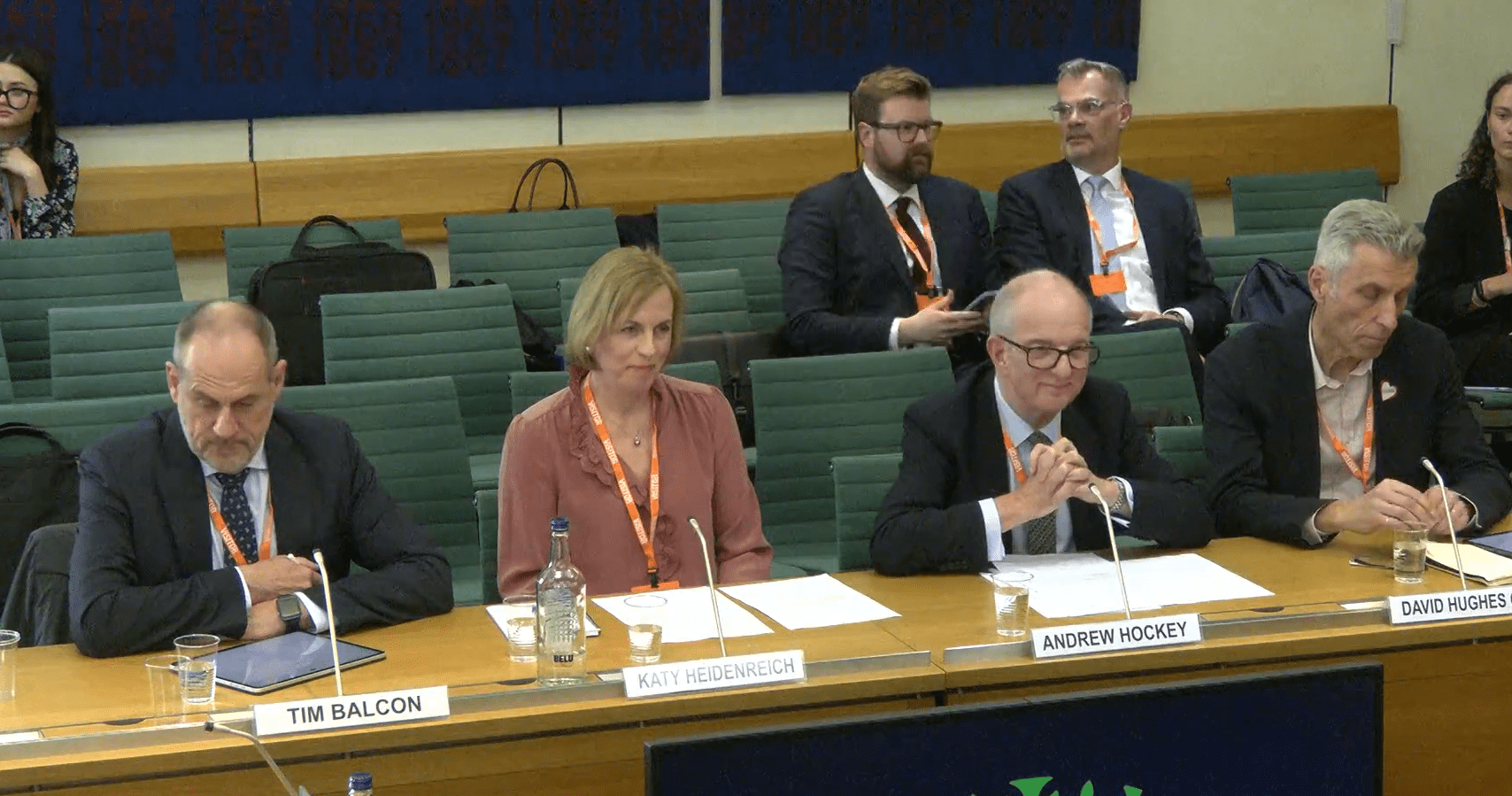Groundbreaking programme launched to deliver a two-way transition for Oil & Gas Technicians working in Wind
The Engineering Construction Industry Training Board (ECITB), in partnership with the Global Wind Organisation (GWO) and the Offshore Renewable Energy (ORE) Catapult, is launching a new cross-skilling programme to support worker transferability between oil & gas and wind operations and maintenance.
This pilot programme enables the two-way transition of qualified oil and gas technicians into onshore and offshore wind and then back again as and when maintenance activity is needed.
Current UK-installed wind capacity needs to double for both onshore and offshore wind if the UK Government targets are to be met by 2030. But the Offshore Wind Industry Council’s labour forecasting suggests there is a shortfall of over 4,500 skilled operations and maintenance roles needed over the next five years.

“Oil and gas will need to continue, certainly in the short and medium term, and we need to ensure the industry has the skilled workforce it needs to deploy to both existing oil and gas fields as well as onshore and offshore wind.
“This programme can create opportunities for our UK supply chain companies to diversify their energy portfolios and ensure the continuing development of a competent and competitive wind energy supply chain. The ECITB is providing additional funding for employers to support this cross-skilling of the workforce.
“I’d like to extend thanks to the ORE Catapult for its significant contribution in allowing learners site access to its offshore wind turbine.
“It is vital we maintain the appropriate standards of technical skills and behavioural safety across the engineering construction sectors and the two-way transition of skilled workers between sectors will help improve safety, workforce mobility and the resilience of the industry.”
Andrew Hockey
ECITB Chief Executive
Working in collaboration
Two cohorts will start on the pilot programme at North East Scotland College, Aberdeen (March) and Forth Valley College, Grangemouth (May).
Based on the Connected Competence model of assuring base technical competence of common skills, the fully funded six-week programme is suitable for both onshore and offshore wind operations. It will support existing Instrument & Controls, Mechanical and Electrical Technicians and provide the requisite standard of technical training across the technician pathways to enable them to work on wind assets as Wind Turbine Maintenance Technicians (WTMT).
Supply chain organisations and wind farm developers can now register for the pilot programme.
More information including how to register is included in the WTMT Cross-Skill Programme leaflet
Jakob Lau Holst, CEO of the GWO, said: “GWO has been working in collaboration with the ECITB to encourage the recognition of skills and reduce the duplication of training for workers.
“This pilot programme achieves alignment with industry standards through ‘GWO Recognition’, a service offered by certified training providers.
“When applied to industry-recognised schemes such as ECITB’s Connected Competence, GWO Recognition can reduce training time for workers by up to 88% for basic technical training (BTT) certification.”
Delivered through Forth Valley and North East Scotland Colleges and GWO / ECITB approved training provider, RelyOn Nutec, the programme will include site access to ORE Catapult’s Levenmouth demonstration turbine to contextualise the technical programme content inside the nacelle of a wind turbine.
Supporting energy transition
Tony Quinn, Director of Technology Development at ORE Catapult, said: “Making it as easy as possible for workers to transfer skills and knowledge from the oil & gas sector into offshore renewables is a vital piece of the jigsaw when it comes to supporting our energy transition and journey towards Net Zero.
“By enabling the use of our Levenmouth Demonstration Turbine to enrich the experience of the workers cross-skilling into offshore wind, we’re able to offer a safe, controlled and realistic environment for those workers to hone the skills needed to make that transition.
“It also complements the activities of our strategic skills programmes as well as initiatives like the Fit for Offshore Renewables (F4OR) which helps the entry and growth of UK supply chain organisations into the wind industry.”
Paul Bradley from the Health & Safety Executive commented: “The HSE welcomes the increased focus on technical standards, Connected Competence and accreditation.
“Maintenance Technicians in the wind sector are working in hazardous and confined areas. These areas include being inside the nacelles of wind turbines, working on and around electricity, sensitive electronics, hubs and rotors – all of which pose safety risks to the individuals and wider teams.”
The programme is being offered to both supply chain organisations and wind farm developers against a backdrop of safety incidents in the wind sector. Research carried out by Strathclyde University in 2024 found safety incidents on offshore wind assets are four times higher than those in oil and gas.
One of the biggest drivers behind Connected Competence is to help avoid workplace incidents and accidents by assuring a base level of ongoing technical competence for all workers to create a safer, and more productive working environment for everyone.
Katy Heidenreich, Supply Chain and People Director from OEUK, said: “The pilot programme is an exciting initiative that dovetails into our work on the Energy Skills Passport.
“The Connected Competence initiative and the cross-skilling programme offer the essential skills required to deliver the homegrown oil and gas the UK needs for decades to come alongside renewable energy.
“This complements the Energy Skills Passport in allowing people to make informed decisions about their jobs and future and be supported in doing so.
“We encourage organisations who are considering future opportunities across the energy mix to consider this programme along with Connected Competence and look forward to future inclusion within the Energy Skills Passport.”
Oil and gas production in the UK is believed to have now peaked. The Government announced, as part of its goal to make the UK a ‘clean energy superpower’, that it will not issue any new oil and gas licences for the North Sea. Since then it confirmed it will undertake consultation on the future of oil and gas licensing to support operations of existing fields for the entirety of their lifespan.
Those existing fields will need workers to maintain and ultimately decommission North Sea assets whilst the offshore wind sector sees rapid growth.
There is a clear case to support the industry’s supply chain to cross-skill existing workers to service both the operations and maintenance of late-life oil and gas assets whilst also being deployed to wind and manage an integrated transition.
For more information or to register interest in the programme please email:





